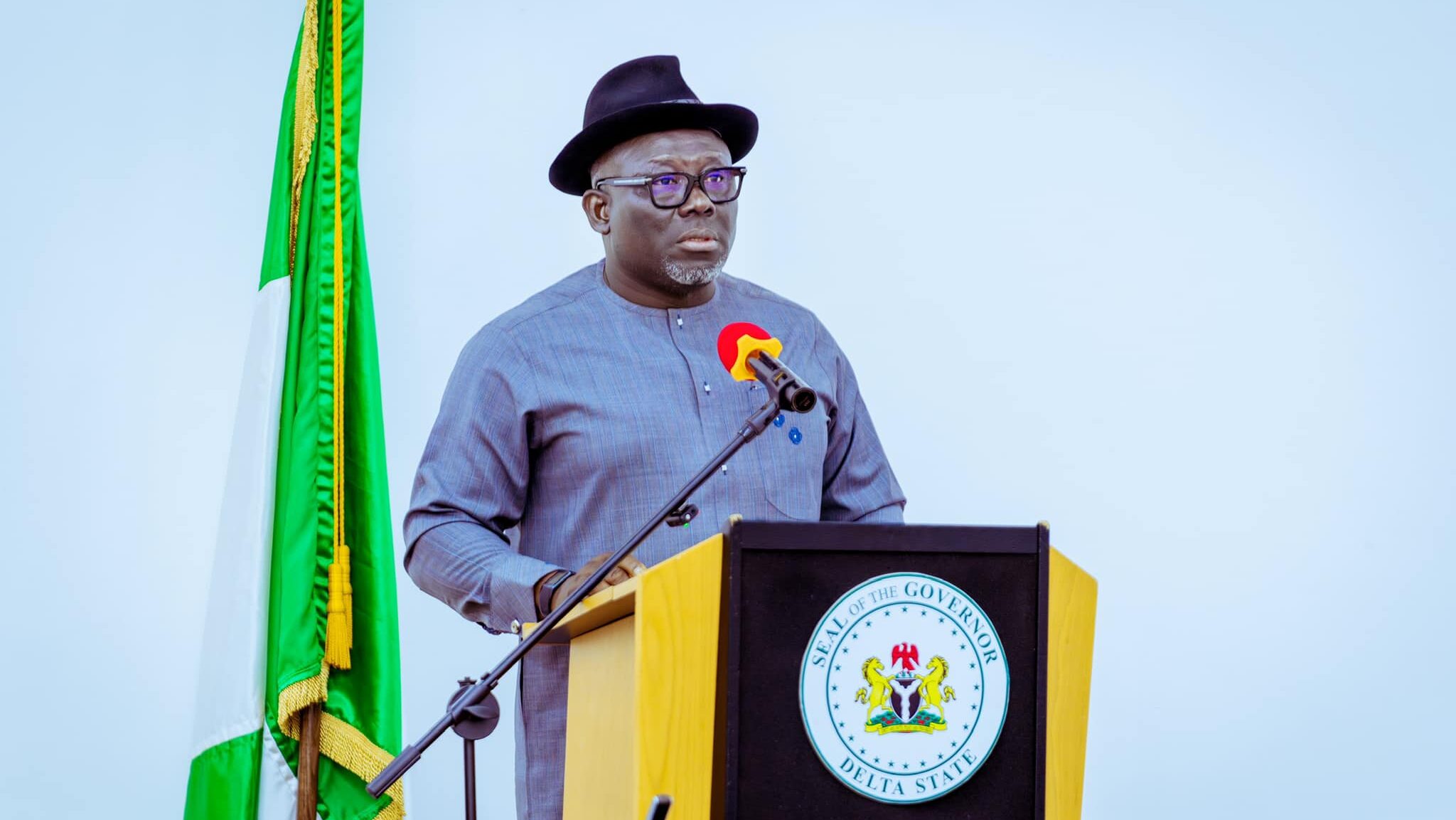* Shettima: Nigeria now deploying modern technology to enhance agricultural production
Deji Elumoye in Abuja
Nigeria and other African nations, as well as the United Nations (UN), have called for collective action, shared purpose and determination to combat food insecurity both on the continent and globally.
According to them, Africa needs predictable concession finance to invest in agriculture, rural transformation, infrastructure and literacy, while climate finance must be aligned with the food system.
This is just as Vice-President Kashim Shettima said Nigeria is scaling its agricultural drive with modern technology such as Artificial Intelligence (AI), geospatial analytics and satellite-driven climate intelligence to end food insecurity in the country.
Shettima, who joined other African leaders on Monday at the opening session of the United Nations Food Systems Summit Stocktake (UNFSS+4) in Addis Ababa, the capital of Ethiopia, said the target is to ensure a future that is anchored in abundance, equity and human dignity.
According to him, while food insecurity has now become a shared affliction that is no longer taking cover in distant lands, African nations must learn to swim against the tide, amid climate change and other global challenges.
“The Fourth Industrial Revolution has not only disrupted the old order but gifted us instruments that were once confined to the imagination. Artificial Intelligence, geospatial analytics and satellite-driven climate intelligence are now part of our agricultural vocabulary.
“We are deploying these tools to monitor production, enhance transparency, connect producers to markets, and reduce waste across the value chain,” the vice-president declared.
Instead of diplomatic pleasantries, Shettima urged participants at the summit to leave the event with a conviction that Africa will succeed, even as he urged African nations to rise with a shared purpose and determination to make the continent food secure.
“A broken food system in any part of the world diminishes the dignity of humanity as a whole. Let us rise with a shared purpose. Let us build a world where no child sleeps on an empty stomach, where no farmer is forgotten, and where food is not a luxury but a human right,” he stated.
The vice-president noted that Nigeria has also pursued institutional reforms robustly, including deepening partnerships across sectors and prioritising agro-industrialisation as a key driver of inclusive growth.
This, he explained, followed the unveiling of the nation’s National Food Systems Transformation Pathway, leading to the rollout of targeted investments in infrastructure and human capacity.
Stating that the declaration of a national emergency on food security in Nigeria did not just amount to raising the alarm, Shettima said: “It’s the reason we are advancing the Presidential Initiative on Food Security, a mission designed to upscale the cultivation of vital staples- maize, rice, cassava and wheat.
“We are backing this with climate-smart innovations, financial inclusion for smallholder farmers, and an expansion of extension services, particularly for women and youth,” he maintained.
The vice-president outlined other investments in agriculture to include the Special Agro-Industrial Processing Zones, just as he pointed out that the zones being developed in partnership with the African Development Bank and IFAD are not just places of production but also engines of transformation.
“They are creating jobs, attracting private capital, and linking rural producers to national and global markets. Our faith in the capacity of our people remains unshaken. But production is not enough. We believe that a sustainable food system must also be a healthy one,” he further said.
Shettima extended what he described as the warmest gratitude of President Bola Tinubu and the people of Nigeria to the host countries, Ethiopia and Italy, assuring them that apart from just listening and learning, Nigeria is fully ready to lead in areas where leadership is needed.
“Nigeria is ready to listen. Nigeria is ready to learn. Nigeria is ready to lead wherever leadership is required. We are here to champion food systems that are resilient in the face of climate shocks, responsive to nutritional needs, and rooted in local realities. We are here because we believe that the arc of history does not only bend towards justice, it bends towards food justice,” he further said.
On his part, the Prime Minister of Ethiopia, Dr Abiy Ahmed, described the summit as a moment to take stock and to renew a shared commitment to building food systems that are resilient and inclusive.
Ahmed noted that Africa needs predictable concession finance to invest in agriculture, rural transformation, infrastructure and literacy, adding that climate finance must be aligned with the food system “because hunger and environmental degradation are deeply linked”.
According to him, since the first food system summit in 2021, Ethiopia has launched a comprehensive roadmap for food system transformation.
“Globally, food systems are facing immense pressure from planning stock, shocks, conflicts, inequalities and economic destruction. At the same time, development assistance has declined in multilateral cooperation. These challenges threatened production, supply and dignity in the subregion nations.
“Yet, in this context, the human spirit and our shared resolve to act remain strong. In Ethiopia, we have made a deliberate choice to act boldly, to think holistically and to place human dignity at the centre of our food system transformation. We are investing in local production, reducing dependency on imports and building a resilient system that serves our people and our future,” the Prime Minister said.
Also speaking, the Secretary-General of the United Nations, António Guterres, who spoke via a recorded videocast, noted that food systems are about more than food, saying they include climate, justice and the right to a better future.
“Since the last food summit, we have seen progress. We are committed to food systems that are inclusive, sustainable, equitable, resilient and built on human rights, but progress is not fair enough. Global hunger is rising, and threats, shocks are pushing the prices of food.
“The Gross Domestic Product (GDP) of the African continent is not just a crisis of scarcity, it is a crisis of justice, equity and climate. Climate change is destroying harvests, supply chains and humanitarian response,” he said.
The post At UN Food Systems Summit, Nigeria, Other African Nations Demand Collective Action Against Food Insecurity appeared first on THISDAYLIVE.


